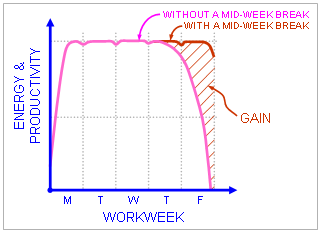“He that complies against his will is of his own opinion still,” wrote the English poet and satirist Samuel Butler (1613–1680) in Hudibras (Part iii. Canto iii. Line 547.)
Einstein Wouldn’t Quit Smoking
Consider the case of a rational person as great as Albert Einstein. Grandson Bernhard Caesar Einstein, himself a reputed physicist, recalled in 1998 that Grandpa Einstein’s two prized possessions were his violin and smoking pipe; his reliance on the latter “bordered on dependency.”
Despite deteriorating health, Albert Einstein couldn’t be motivated to quit smoking. His doctor tried but just couldn’t convince Einstein to give it up. To circumvent the doctor’s effort to stop him from smoking, Einstein would scour his neighborhood’s sidewalks to collect discarded cigarette butts to smoke in his pipe.
People Will Change Only if Intrinsically Motivated
People are who they are; they have their (intrinsic) motivations and will continue to live their way. Despite well-meaning intentions, you simply can’t change them or mold their minds into your way of thinking.
You may be frustrated by their reluctance to mend their ways, stop engaging in destructive behavior, or even realize that they’re throwing away their potential. But you just can’t force change down their throats if they aren’t intrinsically motivated. You can only express your opinions, offer help, and even persist. Beyond that, you can only hope they change. You can control your effort and create the conditions for success. Beyond that, the outcomes of your efforts to change are outside your span of control. Control your efforts, not the outcomes.
As I elaborated in a previous article, you will succeed in changing another person’s behavior only if you can translate the extrinsic motivation at your disposal to the elements of his/her intrinsic motivation.
Idea for Impact: Extrinsic motivation is pointless in itself
You can’t change people; they must want to change for themselves. In other words, they must be intrinsically motivated to change. Extrinsic motivation is, in itself, pointless.
 In ancient China, during the
In ancient China, during the  Whatever form of personal character it takes—self-control, dedication, endurance, persistence, resolve, willpower, or self-regulation,—discipline is one of the biggest differentiators between successful and unsuccessful people.
Whatever form of personal character it takes—self-control, dedication, endurance, persistence, resolve, willpower, or self-regulation,—discipline is one of the biggest differentiators between successful and unsuccessful people.